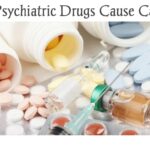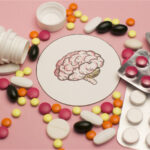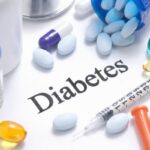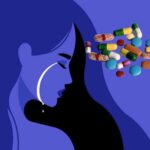Do Psych Meds Actually Help?
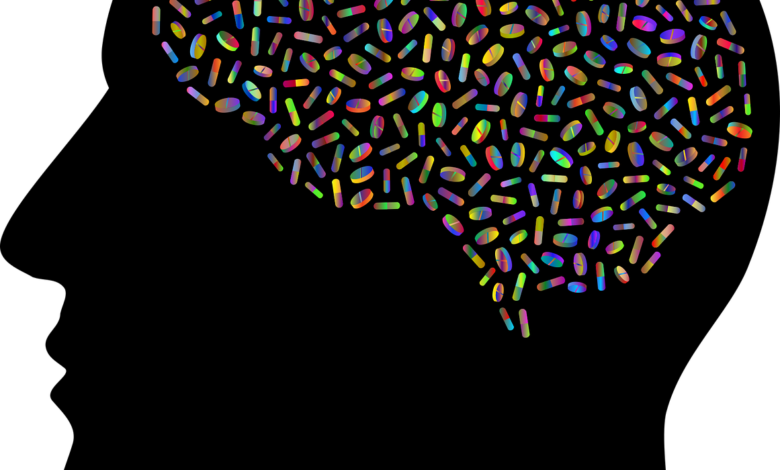
A psychiatric or psychotropic medication is a psychoactive drug taken to exert an effect on the chemical makeup of the brain and nervous system. Thus, these medications are used to treat mental illnesses. These medications are typically made of synthetic chemical compounds and are usually prescribed in psychiatric settings, potentially involuntarily during commitment. Since the mid-20th century, such medications have been leading treatments for a broad range of mental disorders and have decreased the need for long-term hospitalization, therefore, lowering the cost of mental health care.
Medications can play a role in treating several mental disorders and conditions. Treatment may also include psychotherapy (also called “talk therapy”) and brain stimulation therapies (less common). In some cases, psychotherapy alone may be the best treatment option. Choosing the right treatment plan should be based on a person’s individual needs and medical situation, and under a mental health professional’s care.
Do psychotropic medications actually help?
Many psychotropic medications work by adjusting the number of major chemicals in the brain. These chemicals are called neurotransmitters. Increasing or decreasing certain neurotransmitters can counter the effects of certain mental health disorders. Neurotransmitters are the messengers that allow your brain cells to communicate with one another. If you have weak or overactive neurotransmitters, they can produce unnecessary chemical reactions that lead to a mental health condition. Most psychiatric medications do not work on mood or anxiety symptoms immediately. While there are some medications that can rapidly relieve ADHD symptoms or anxiety, they also come with the risk of physical dependence including stimulants.
Here are some myths and facts concerning the use of psychotropic medications:
Myth #1: “Psychiatric medications are bad and are just a crutch for weak people who cannot take care of their problems.”
Some believe that psychiatric medications are simply “happy pills” that offer “an easy way out” for weak people who cannot deal with their problems. This is untrue because it takes enormous courage for someone to seek treatment and help. In combination with therapy, medications have shown to improve quality of life. For many patients with mental illness, these medications are necessary to alleviate symptoms and allow function in daily life.
Myth #2: “Psychiatric medications are addictive.”
Most psychiatric medications are not addictive, although anti-anxiety, sedative-hypnotics, and stimulants are an exception to this. Many people experience withdrawal symptoms when they stop taking certain medications, but this does not mean that an addiction has developed. If you have concerns about withdrawals, talk to your doctor about slowly stopping the medication rather than stopping abruptly.
Myth #3: “I’ll feel better right away.”
It can take 4-6 weeks or more at the correct dosage to see the benefits of anti-depressants. Furthermore, finding the right medication can be difficult, and multiple trials of different medications might be necessary. It is important to discuss with your doctor if you go beyond the trial period without seeing results.
Myth #4: “If a medication works for my friend, it will work for me.”
Psychiatric medications work differently for each person. A medication that may have been helpful for someone you know may not be the right medication for you. Many conditions can show similar symptoms, but they may be treated differently. This is one of many reasons that you should never take other people’s medications.
Myth #5: “Over-the-counter (OTC) medications and supplements are safe to take with psychiatric medications.”
Psychiatric medications can interact with foods, other prescribed or OTC medications. These interactions may lead to changes in brain chemistry and have negative effects on mood and thoughts. So, ask your doctor or a pharmacist about foods and other medications that should be avoided. If there is a change in your medication regimen, they can provide more information regarding drug-drug interactions and how to manage them.
| OTC Medications or Foods | Interaction |
| St. John’s Wort | Taking St. John’s Wort with antidepressants can lead to a potential life-threatening increase of serotonin, a chemical produced by brain cells. Symptoms include agitation, diarrhea, fast heartbeat, high blood pressure, hallucinations and increased body temperature. |
| Valerian Root | This herbal supplement should be used very carefully with other medications as it can cause sleepiness and drowsiness. |
| Alcohol | Drinking alcohol can impact mood and increase risk for depression, anxiety, and suicide. It is also dangerous to drink alcohol while taking anxiety or pain medications, as the combination can cause excessive drowsiness, slowed breathing, and even death. |
| Marijuana | There are health risks associated with marijuana use. In particular, it can cause hallucinations or paranoia and worsen depression and anxiety. It is not advised to use marijuana in patients with mental illness. |
You may find useful information on: List Of Psychotropic Drugs

